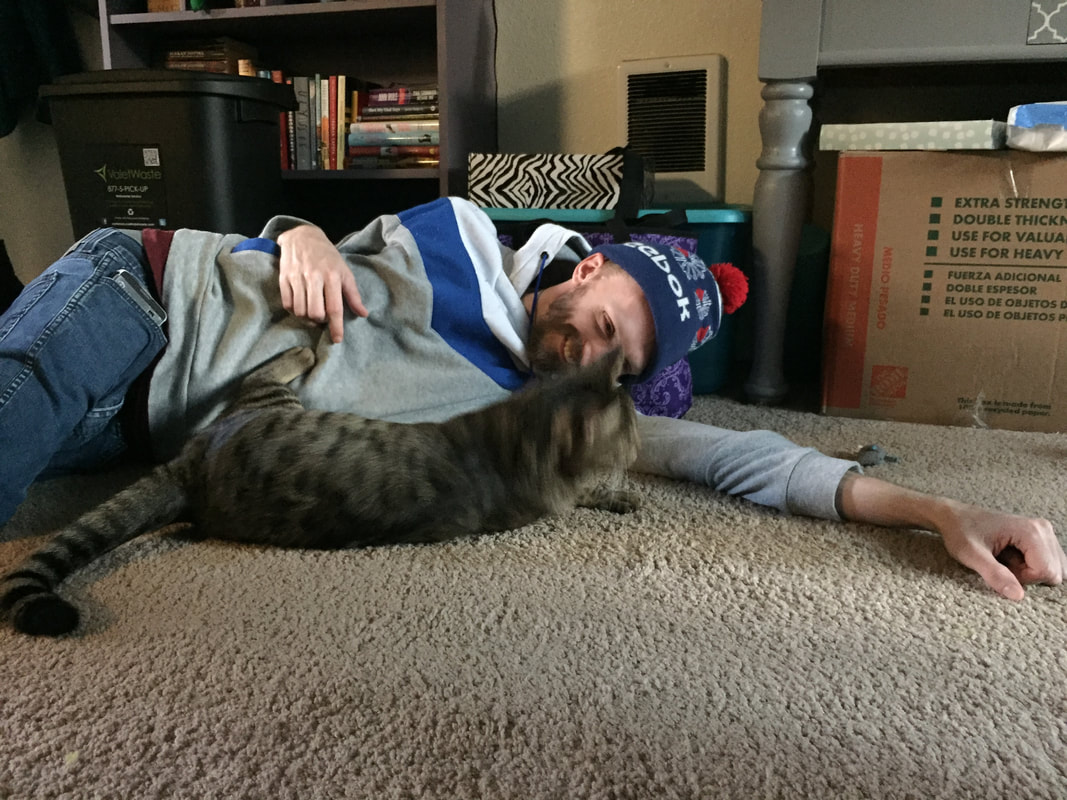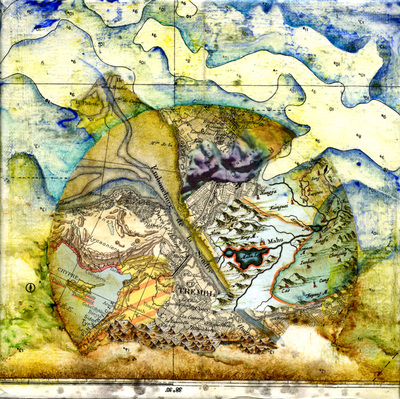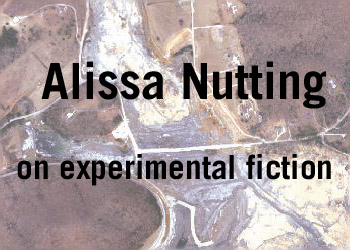MATTHEW SERBACK
How to Make a Boulder
At some point in your life, someone is going to tell you that boulders are just abnormally large rocks.
That’s true.
Technically.
I assume you know there’s more to being right than just telling the truth. Life isn’t about the technicalities.
Boulders are large rocks, but that only tells part of the story; it only tells the boring part of the story.
Like you, boulders are made up of smaller pieces of material. You’re made up of smaller pieces of material – I think. I’ve been told by someone else that there’s smaller – these infinitesimal – pieces of organic material that are the building blocks of our bodies. I don’t think either of us is smart enough to know if someone else is telling the truth, but it’s best to trust that someone wouldn’t purposefully lie to you.
My boulder started with my body.
It’s not masculine to feel bad about your body; someone told me that. I’m sure people would think it’s gay for a man – a straight man – to feel squeamish and have self-doubt about how they look. And since I felt that way about my body, I’m sure they thought those things about me.
Do you remember when you were just smaller pieces of yourself?
There was that time when I was ten and I went with my family to one of those chain barbecue restaurants named The Boneyard or The Backyard or The Back Grill Bone Palace – or something – and my father got drunk, poisoning the well – and tried to fight our waiter for no reason.
I remember that.
I remember that sudden onset and rush of shame that my family somehow felt low class. We were the kind of people that someone else said wasn’t worth much.
That shame – that first taste of it – was my first pebble.
Shame is peculiar.
Someone told me that shame wasn’t a masculine or feminine trait. Shame was genderless. The way I was told, shame was seen as an inhuman trait. Those deep cesspools of regret were some kind of foreign disease that muddied up our blood.
There were always more pebbles: Like the first time I thought about killing myself, or the fight time I tried to kill myself, or the second time I tried to kill myself, or the time I flunked calculus because I didn’t try hard enough.
Or how every time I have a problem, I run away from it.
Those are all pebbles.
After years of shaming and doubting, those pebbles became a boulder that I fixed to my back – metaphorically. All those small things that made me whole were now being lugged around as proof of the things that held me down.
Someone might cite Sisyphus as the patriarch of the boulder. In Greek mythology, he was punished by the gods and forced to roll a boulder uphill. Every time he made it to the top, the boulder would rush back down the hill.
That same person who told you about Sisyphus will tell you that story is about the futility of trying to stop the inevitable from happening. They’ll think you’re like Sisyphus because all you do is think about killing yourself, or try to kill yourself, or try to kill yourself again, or fail because you didn’t try – and you’ll run away.
It’s futile.
They may be right.
You see, people are right about boulders. They’re made up of smaller things. They’re right when they say they are just freakishly large pieces of something else. They are just the overabundance of things we saw as insignificant.
But I’m also right when I tell you that boulders are just like us.
At least, that’s what someone told me – once.
Copyright © April 2018 Matthew Serback and Map Literary









